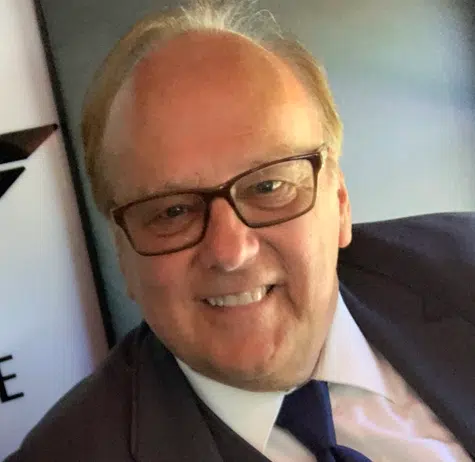LONDON (Reuters) – Britain has agreed to spend 3.7 billion pounds ($4.93 billion) on COVID-19 vaccines and in most cases will bear the liability if claims are made against the pharmaceutical firms involved, the National Audit Office (NAO) said on Wednesday.
The government has agreed supply deals for 357 million doses of seven different candidate shots, but has not gone into detail about how much it has spent or indemnity agreements, citing commercial confidentiality around the contracts.
The NAO said the business ministry had signed firm deals for five of the candidates, including the Pfizer/BioNTech shot which has already been approved and is being rolled out, as well as those developed by Oxford/AstraZeneca, France’s Valneva, Novavax and Moderna.
Britain also has deals in principle for Sanofi/GlaxoSmithKline’s shot as well as Johnson & Johnson’s candidate.
The government has invested in the development and clinical trials of some of the vaccines it has agreed supply deals for, and agreed to indemnify the firms against liability.
Those agreements mean that in four of the five finalised contracts, there was no cap on how much the government could pay if there is a successful claim against one of the companies, the report said.
The NAO said the business ministry agreed upfront payments of 914 million pounds on the five contracts it has signed, prior to regulatory approval of any of the vaccines.
Only one of the contracts provides for a full refund of the upfront payment if the vaccine fails to achieve regulatory approval.
The NAO noted that the government had worked “quickly and effectively” to secure vaccines, demonstrated when Britain became the first country in the world to deploy Pfizer’s vaccine last week.
“We have worked at a pace and scale never been done before to ensure the British public receive a vaccine that meets strict safety standards as quickly as possible,” a spokeswoman for the business ministry said.
In all, the total cost of purchasing and deploying vaccines was uncertain, the NAO said, but estimated that it could cost up to 11.7 billion pounds.
($1 = 0.7505 pounds)
(Reporting by Alistair Smout; Editing by Tom Brown)


